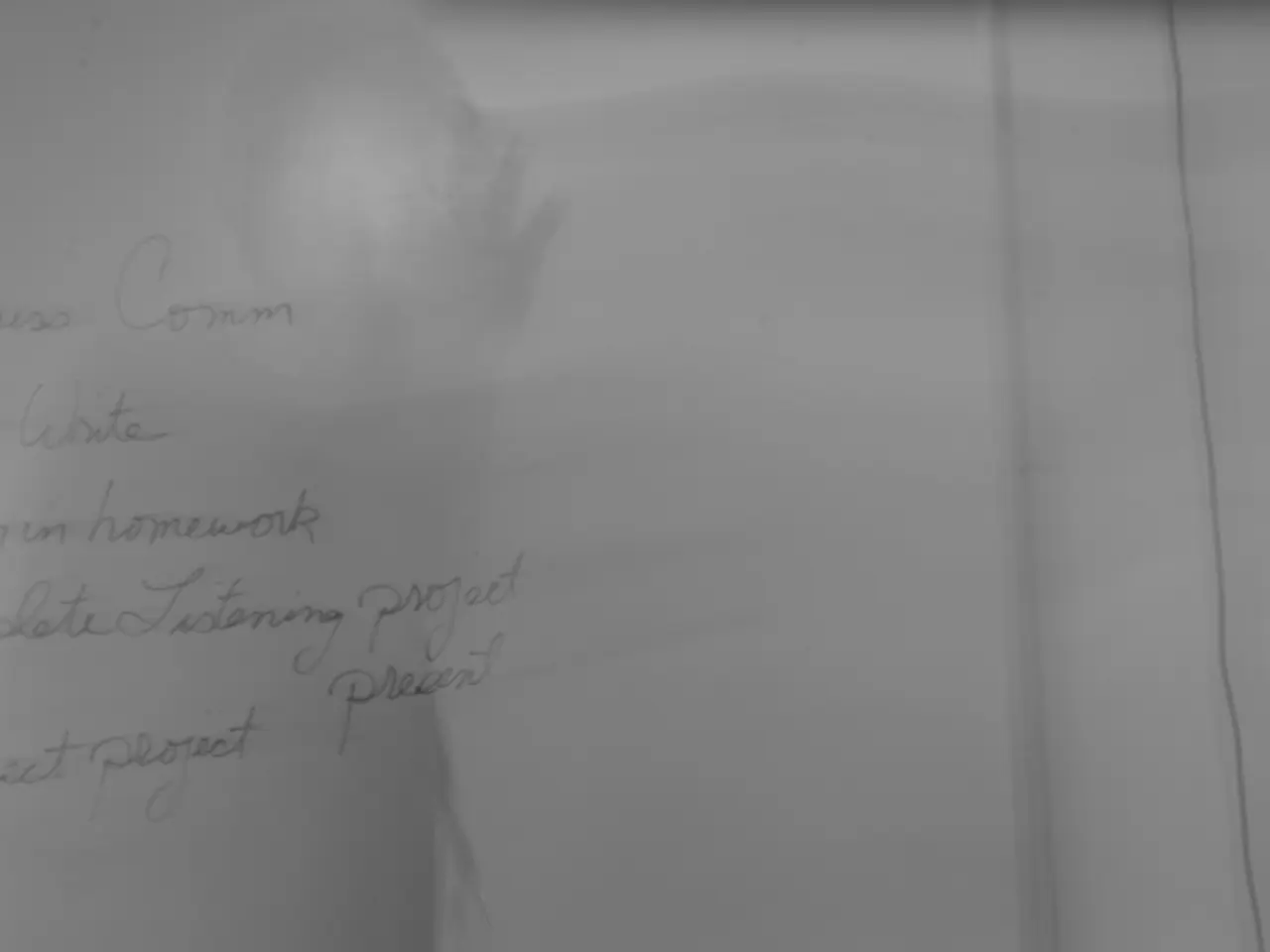Culture Minister Proposes Digital Levy Against Tech Giants' Influence
In a significant move towards curbing the power of large internet platforms, Wolfram Weimer, Minister of State for Culture, has announced plans to present a comprehensive set of proposals this fall[1]. The proposals aim to address tax, antitrust, and regulatory measures targeting digital giants like Google and Meta[1].
A key component of this initiative is the proposed platform solidarity tax, designed to generate billions in revenue to support Germany's media sector[1][3][4]. This tax, if implemented, would be a special fiscal levy on large online platforms.
The broader effort includes antitrust actions to restrict the dominance of digital platforms and the creation of new regulatory frameworks to enhance transparency and competition[1][3]. However, the exact structure of the tax or levy is still under review, with some legal and definitional ambiguities surrounding "online platforms" in existing tax law[2].
Weimer's initiative has drawn criticism from industry groups such as eco - Association of the Internet Industry, who argue that the digital tax could hinder digitization efforts and transatlantic relations[4]. Despite this, Weimer remains optimistic about the implementation of the digital tax plans[5].
In addition to the platform solidarity tax, Weimer is also concerned about the intermarriage of political power and media power, from TikTok to Google[6]. He believes he has a mandate from the coalition agreement to tackle these issues[6].
Regarding the minimum age for social media use, Weimer is cautious and suggests embedding this discussion in a larger strategy[7]. He has welcomed Education Minister Prien's initiative to question excessive social media use by those under 16[8].
While Weimer is a key advocate for these plans, the exact timeline and enactment remain uncertain, with ongoing interdepartmental coordination and consultation[1][2]. As of August 2025, the plans are still being refined amid legal and political complexities, with no finalized implementation as yet[1][2][4].
[1] - Bundesregierung [2] - Der Spiegel [3] - FAZ [4] - eco [5] - Handelsblatt [6] - Tagesschau [7] - Deutschlandfunk Kultur [8] - Zeit Online
- The proposed plans aim to address not only tax measures, but also antitrust and regulatory policies concerning large online platforms, a significant focus in the current politics of policy-and-legislation.
- Amidst the broader effort to regulate digital giants, Weimer's concerns extend beyond the platform solidarity tax, as he is also focused on the interplay of politics and media power in general-news contexts, addressing issues from TikTok to Google.





